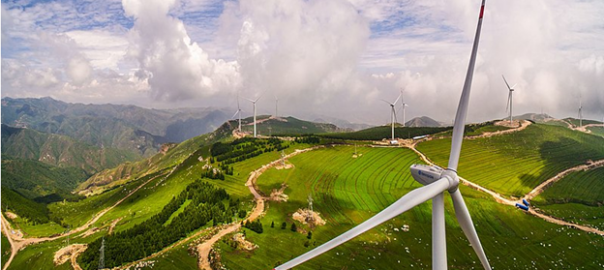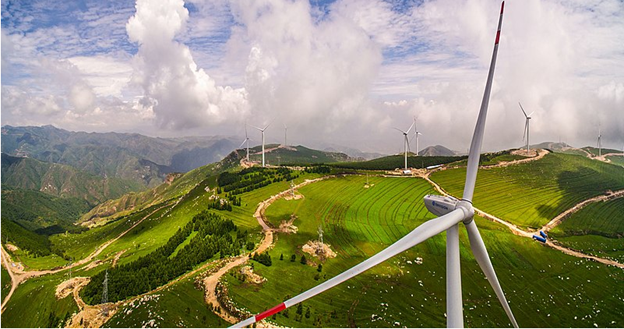
Our Climate Crisis—and What We Can Do About It
Image: Wikimedia Commons
Understanding the full economic picture is the first step to making the right choices. What is the true cost and impact of our options? Is there a viable strategy for converting to 100% renewables, increasing efficiency, and reaching zero emissions? How would this impact the world economy?
Our Climate Crisis
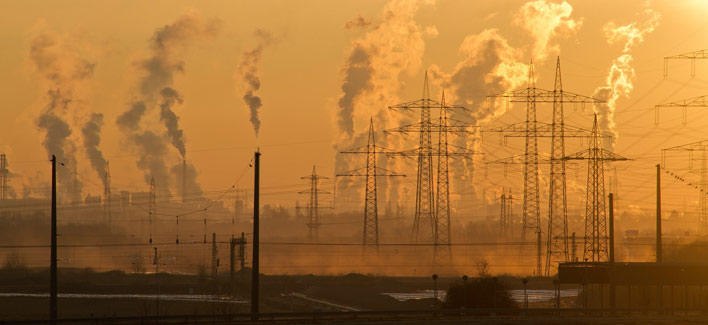
Three Basic Facts about the Climate
Today everyone knows (or certainly should know) that the Earth is warming, that humans are the cause, and that this warming is changing our planet’s climate in a way that threatens life as we now find it.
Energy, Greenhouse Gases, and Climate Change in the Twenty-first Century
Human activities today—primarily, but not only, energy production—emit massive amounts of greenhouse gases, changing our climate and producing enormous environmental changes, despite efforts to increase low-carbon energy production.
Tipping Points – The Riskiest Bet
When our planet’s average temperature increases steadily and gradually, the climate–the range of the weather over a period of time–gradually changes as well, until it suddenly jumps into a new condition. Scientists who study these abrupt changes refer to them as tipping points.
Sunlight and Darkness in China
China, the world's largest emitter of greenhouse gases, has promised to shrink emissions to zero by 2060. It is critical to anyone born in this century that China keeps this promise.
India: Stepping Back from the Precipice
In recent years India has defied calls to abandon its aggressive plans to burn more coal. But now economics and a crisis in health have set the nation on a new course.
Europe’s Climate Response: The Race for a Green Future
Europe faces escalating climate challenges, from heatwaves to rising sea levels. As the continent strives for a sustainable future, bold actions like green energy investments and climate laws are transforming everyday life.
The Downside of Being First
The US has by far the most extensive energy infrastructure. Upgrading it for renewable energy will be difficult and expensive but enormously beneficial.
Solutions

Our Dark Materials
Powering the world using sustainable energy will require huge numbers of wind turbines, solar panels, and storage batteries. These will need many new sources of rare earth materials.
Energy Efficiency and Sustainability
Improvements in energy efficiency are by far the quickest and least costly solution to the climate crisis.
Why We Should Care About Concrete
Concrete is one of the world’s most polluting materials, yet new approaches are transforming its environmental footprint. Innovations in low-carbon and bio-based concrete are opening the door to a more sustainable built environment.
The Future of Batteries…and the Future of Energy
Batteries are at the heart of the clean energy revolution, powering electric vehicles and storing renewable power. Today’s lithium-ion technology is reaching its limits, so what’s next?
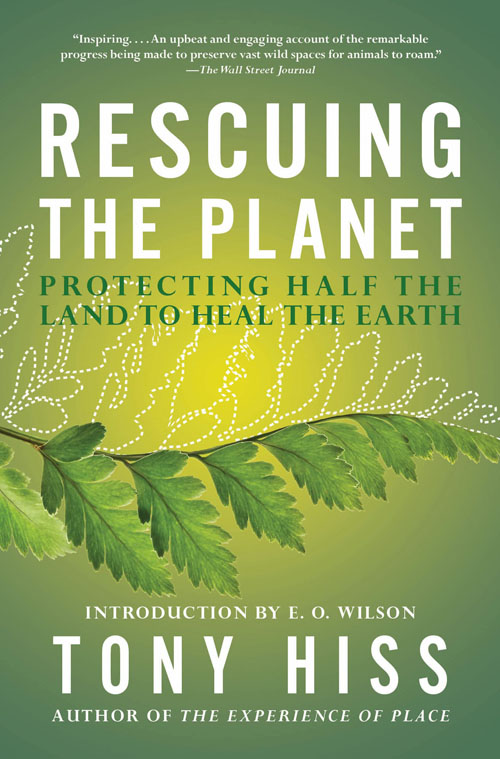
Rescuing the Planet
Protecting Half the Planet to Heal the Earth
Tony Hiss
Could it be possible to set aside half the earth’s land and sea for nature by the year 2050? Former New Yorker staff writer Tony Hiss investigated the feasibility of this ambitious idea proposed by biologist Edward O. Wilson and emerged inspired and surprisingly optimistic.
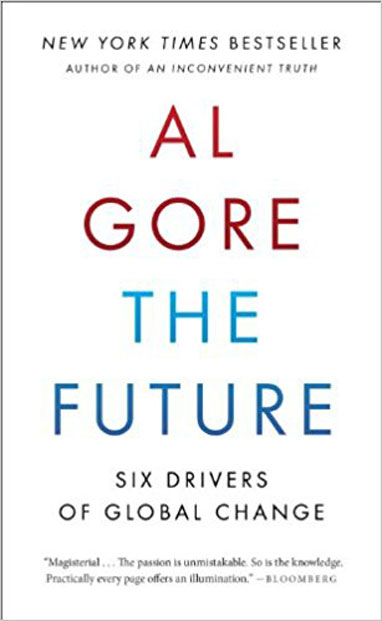
The Future
Six Drivers of Global Change
Al Gore
No period in global history resembles what humanity is about to experience. Explore the key global forces converging to create the complexity of change, our crisis of confidence in facing the options, and how we can take charge of our destiny.
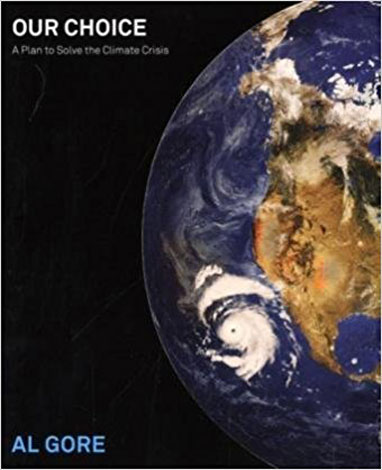
Our Choice
A Plan to Solve the Climate Crisis
Al Gore
We clearly have the tools to solve the climate crisis. The only thing missing is collective will. We must understand the science of climate change and the ways we can better generate and use energy.
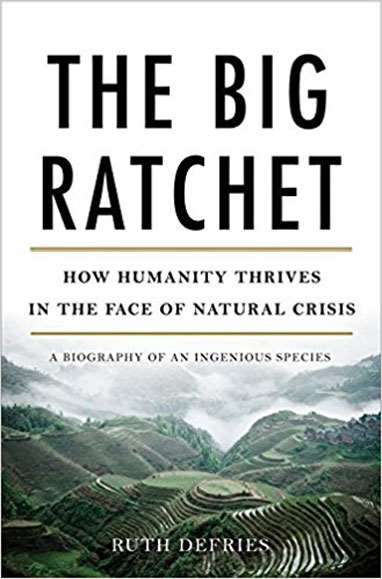
The Big Ratchet
How Humanity Thrives in the Face of Natural Crisis
Ruth DeFries
Human history can be viewed as a repeating spiral of ingenuity—ratchet (technological breakthrough), hatchet (resulting natural disaster), and pivot (inventing new solutions). Whether we can pivot effectively from the last Big Ratchet remains to be seen.
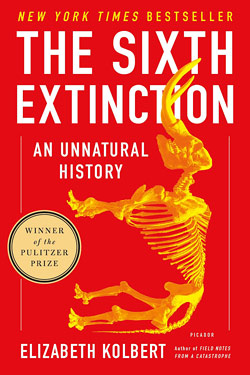
The Sixth Extinction
An Unnatural History
Elizabeth Kolbert
With all of Earth’s five mass extinctions, the climate changed faster than any species could adapt. The current extinction has the same random and rapid properties, but it’s unique in that it’s caused entirely by the actions of a single species—humans.
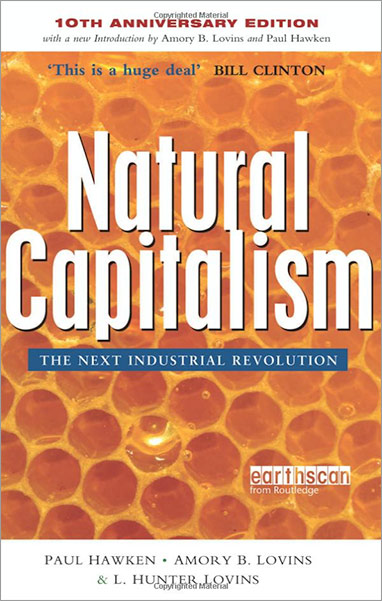
Natural Capitalism
Creating the Next Industrial Revolution
Paul Hawken, Amory Lovins & L. Hunter Lovins
A new definition of capitalism that fully values natural and human resources may hold the keys to a sustainable future.
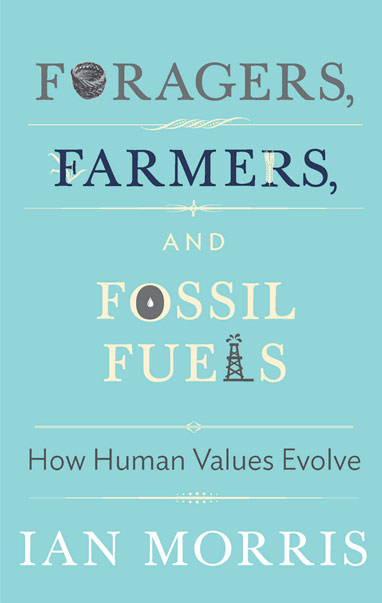
Foragers, Farmers, and Fossil Fuels
Ian Morris
Human social development, says Morris, is constantly generated by environmental and social factors. The amount of energy that can be extracted from the environment through technology defines the social possibilities, and thus influences the attitudes and world view of each epoch.
In the series: A Sustainable Planet
- Our Finite Planet
- The Rocky Road to a Sustainable Future
- Our Looming Global Water Crisis
- Our Plastic Earth
- Rescuing the Planet by Tony Hiss
- The Future: Six Drivers of Global Change
- Our Choice: A Plan to Solve the Climate Crisis
- The Big Ratchet
- The Sixth Extinction
- Natural Capitalism
- Foragers, Farmers, and Fossil Fuels

